Video: Create accessible links in Word
Applies To

Learn how to create hyperlinks that use natural language so they're easy to understand.
Create a more meaningful hyperlink
-
Copy the link you want to work with into a Word document and turn it into a hyperlink.
Note: Someone using a screen reader to access this link will hear one character read aloud at a time, which is difficult to understand.
-
Select the whole URL, including the "http" at the beginning and the domain at the end.
-
Right-click to open the context menu, then find and select Edit Hyperlink.
-
In the dialog box, look for a text box labeled Text to display. Type in the description text you want.
-
Click OK.
Want more?
If you have hyperlinks in your document, changing their display text to ordinary language can make them much easier to understand for users who rely on screen-reading programs.
Here’s a typical URL in the text of a document.
For a sighted user, this might seem fine.
But if you rely on a screen reader or text-to-speech program, it might read the URL out one letter at a time, like this:
"http://www.nps.gove/olym/planyourvisit/lodging.htm"
You can make hyperlinks more accessible by changing their display text to something more natural and meaningful.
Just right-click the hyperlink on the page and then choose Edit Hyperlink.
When you select the link like this, Word automatically copies it into the Edit Hyperlink dialog. But we can change the display text to ordinary language that people -- and screen readers -- can more easily understand.
In the Text to display box, we’ll type “National Park Reservations”.
And we’ll click OK.
Now users who rely on screen-readers will have a much better idea of where this link is sending them.
National Parks Reservation link.
One last thing to keep in mind: When adding display text, avoid phrases like “Click here” or “Learn more”.
People who rely on screen readers often browse a list of the article’s links to get an idea of its content.
If the display text for all those links is the same generic phrase, it could sound something like this:
"Click here, link. Click here, link, Click here, link."
Not very helpful.
For more on creating accessible documents, visit aka.ms/accessible.










